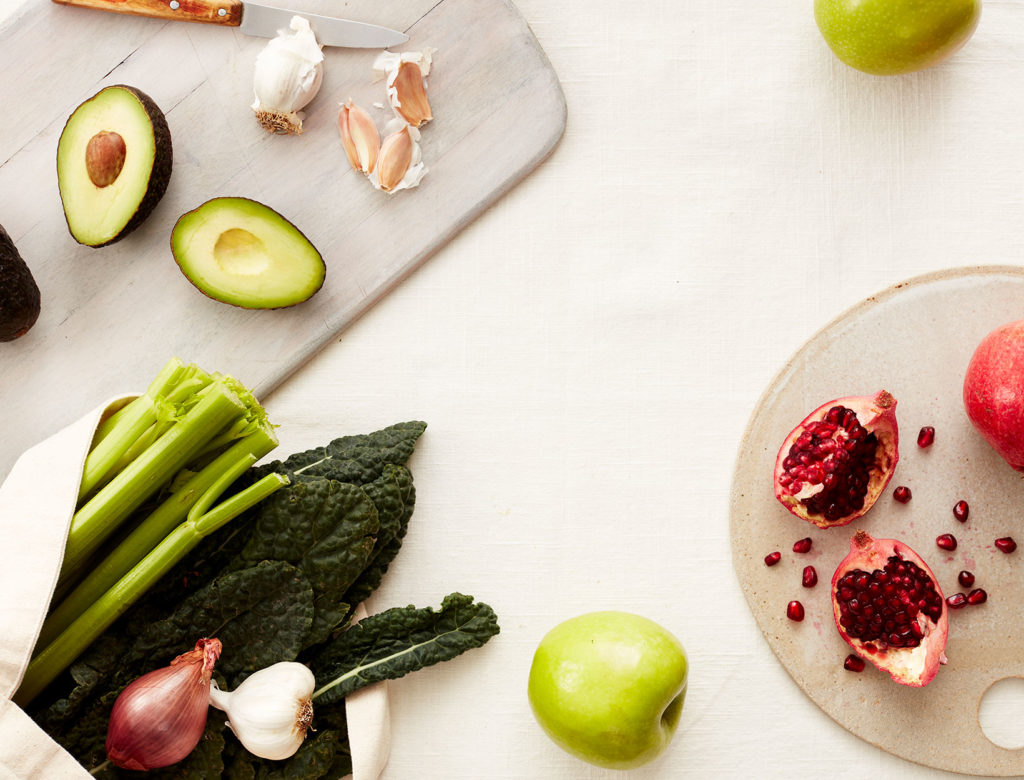
Vitamin D Is More Important Than Ever! All You Need to Know on The Sunshine Vitamin.
What is Vitamin D3?
Vitamin D is a fat-soluble vitamin that aids the absorption of calcium, magnesium, phosphate and other key nutrients within the body.
Vitamin D supports our immune system, our bones, teeth and muscles.
Low Levels of Vitamin D3
Within the body, Vitamin D3 deficiencies can lead to bone deformities such as rickets in children, and bone pain caused by a condition called osteomalacia in adults. Deficiencies have also been linked to cancers, high blood pressure, heart disease, diabetes, depression, fibromyalgia, chronic muscle pain, bone loss and autoimmune diseases like multiple sclerosis.
How Vitamin D3 Works
Vitamin D3 (Cholecalciferol) is converted in the liver to calcifediol. Calcifediol is then further processed by the kidneys and cells within the immune system to form calcitriol.
FUN FACT: Calcitriol is the biologically active form of vitamin D.
Sources of Vitamin D3
Cholecalciferol (Vitamin D3) and ergocalciferol (Vitamin D2) can be ingested from the diet and from supplements.
Vitamin D3. VS Vitamin D2
Vitamin D3 is only found in animal food source products, whereas Vitamin D2 is cheaper to produce and comes from plant sources as fortified foods.
Both are effectively absorbed into the bloodstream, however are metabolised differently within the liver. Vitamin D2 yields less of the compound calcifediol compared with an equal amount of vitamin D3.
Most studies show that vitamin D3 is more effective than vitamin D2 at raising blood levels of calcifediol. When you are looking to supplement with Vitamin D, opt for Vitamin D3 over and above vitamin D2 where possible.
Beautifully Nourished's Vitamin D3 is suitable for vegetarians.
Vitamin D3 Food Sources: Fatty fish, fish oils, egg yolk, butter and liver.
Sunlight: Our bodies create vitamin D from direct sunlight on the skin when outdoors. Cholecalciferol is sythesised in the lower layers of skin epidermis through a chemical reaction that is dependent on UVB rays from sun exposure (don’t forget to SPF).
When to Take Vitamin D3
During the winter months, we do not get enough vitamin D from sunlight.
According to the NHS, we should take a Vitamin D supplement during the winter months when sunlight is reduced.
“It is important to take vitamin D when you are indoors more than usual. NHS.co.uk “You should take vitamin D each day between October and early March to keep your bones and muscles healthy”.
From about late March/early April to the end of September, most people should be able to get all the vitamin D they need from sunlight.
Vitamin D3 Supplement
Beautifully Nourished's Vitamin D3, Cholecalciferol contributes to the normal function of the immune system.
Vitamin D3 Dosage
Here at Beautifully Nourished, we use Vitamin D3 from Cholecalciferol, providing 3000iu per tablet. That is 1500% of Daily RI*.
Vitamin D3 for Hair and Hair Growth
Research suggests that low levels (deficiencies) of Vitamin D3 can lead to hair loss. Vitamin D plays a role in stimulating hair follicles. When we do not have adequate levels of Vitamin D circulating our body, hair growth can be stunted.
Is Vitamin D3 Good for Skin?
Vitamin D is essential for healthy skin. In its active form as calcitriol, vitamin D contributes to skin cell growth and repair. It supports the skin's immune function and regulates the rate of skin cell growth, which can lead to inflammation relief.
Summary
In summary, children from the age of one and adults need 10 micrograms of vitamin D a day. This includes pregnant and breastfeeding women. No more than 100 micrograms (4,000 IU) of vitamin D should be taken per day as this can lead to a build up of calcium within the body (hypercalcaemia).
Vitamin D provides a host of benefits to the body. Since it's difficult for us to obtain enough vitamin D from food alone, everyone (including pregnant and breastfeeding women) should consider taking a daily Vitamin D3 supplement during the autumn and winter months.







Leave a comment
This site is protected by hCaptcha and the hCaptcha Privacy Policy and Terms of Service apply.